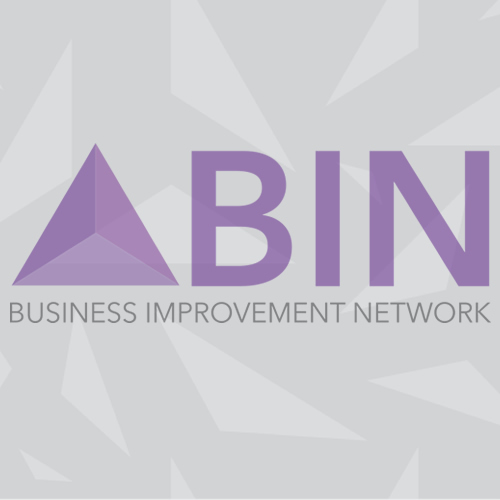The sociology of work
By Barry Flack

To suggest we are on the precipice of a very uncertain political and economic climate would be an understatement. The redrawing of the post-world war 2 world order is underway, we’re preparing for life outside the EU membership club and in the world of work all our old management beliefs are slowly tumbling around us as we start to realise that we perhaps need a new set of thinking for the economy.
Interestingly, as a champion of the power of people investment in the workplace since the 1990s I’ve depressingly watched the insincerity of many business leaders on one hand pay lip service to putting money where their mouth is. I’ve seen us instead keep the post-it note industry afloat with an endless fixation on LEAN, Six Sigma and an annual raft of efficiency drives, I’ve helped outsource, offshore and rightsize (whatever that means), balance the paybill, hire contractors and then slash their rates, marginalise trade unions and run mass redundancies as a cultural norm. I’ve attempted for years to train middle managers in the art of keeping their people motivated whilst having no ability to raise basic salary levels. I’ve seen the training budget then slashed. Hell, I’ve even seen the elimination of the bourbon biscuit as a meeting time treat much to the delight of the internal savings tracker. I’ve pushed people into working from home to facilitate widespread building disbursements and in the end of all these initiatives what have we got ? A deepening productivity problem nationally, a skills mismatch and a stagnating economy.
Now more recently, I have the pleasure of working with burgeoning, start-up, HR technology companies as they struggle to find any budgetary scraps from the trickle-down effect that capital investment (an acid test of real growth) is less now than it was 10 years ago. The short-termism of our quarterly capitalist system has meant that our enterprises would rather bank their profit than reinvest in emerging technology. That margin has only been realised by the growth of available cheap labour – commoditised under a growing freelance community incentivised by accounting regulations, the rise of atypical contracts (e.g zero hours) by a lowering of employment safeguards and security (business flexibility some would say) and a growing immigrant population willing to work under such conditions, well beneath their skill profiles.
At an industry level the economists will show there are no exceptions to the growing long tail of unproductive organisations and with the banking of profits made as a result of labour utilisation, many of those inside businesses today don’t even realise they have a problem. Research does point to the fact that a differentiator does lie in the availability of management training, especially amongst SMEs. A purported 10% positive deviation has been reported.
And that brings me back to my lifelong passion that is more than HR puff or a focus on that awful phrase ‘soft skills’, like it wasn’t important alongside the hard outputs pioneered by the Operational folk for a generation.
Beyond the sofa discussions shown on the TV from our politicians there is a shift going on that will make or break our businesses in the years ahead that needs to move beyond our cult of organisational austerity:
- As a nation we need an investment stimulus to boost productivity that will be impactful and create a structural shift from low cost labour utilisation ;
- We need an investment strategy from cradle to grave that reflects the growing new working dawn – learning agility, creativity, preparedness for lifelong learning and not the hard stages we have been used to (school, work, retire) ;
- A talent economics reality that informs our vision of our nation as hopefully a highly skilled, high wages country (STEM stimulus, keeping the door open to foreign talent.
At the enterprise level a tough shift must start in greater numbers to new ways of working. We must shed the known 20th century management practices that are both unproductive and counterintuitive to organisations that need to be in themselves more agile, more collaborative, more risk oriented, less unhealthily stressful and more people-centric). Whatever happens next we must begin to unlearn our unhealthy obsession with cutting our businesses to short term fixes.
About the author
Barry Flack is an independent consultant who specialises in helping organisations adapt to new ways of working, advising HR Tech Startups and is available for keynote speaking. Check out his website barryflack.co.uk or follow up with him on me@barryflack.co.uk
Enjoyed reading these articles?
Have you got something you can share with the Network. Why not submit an article